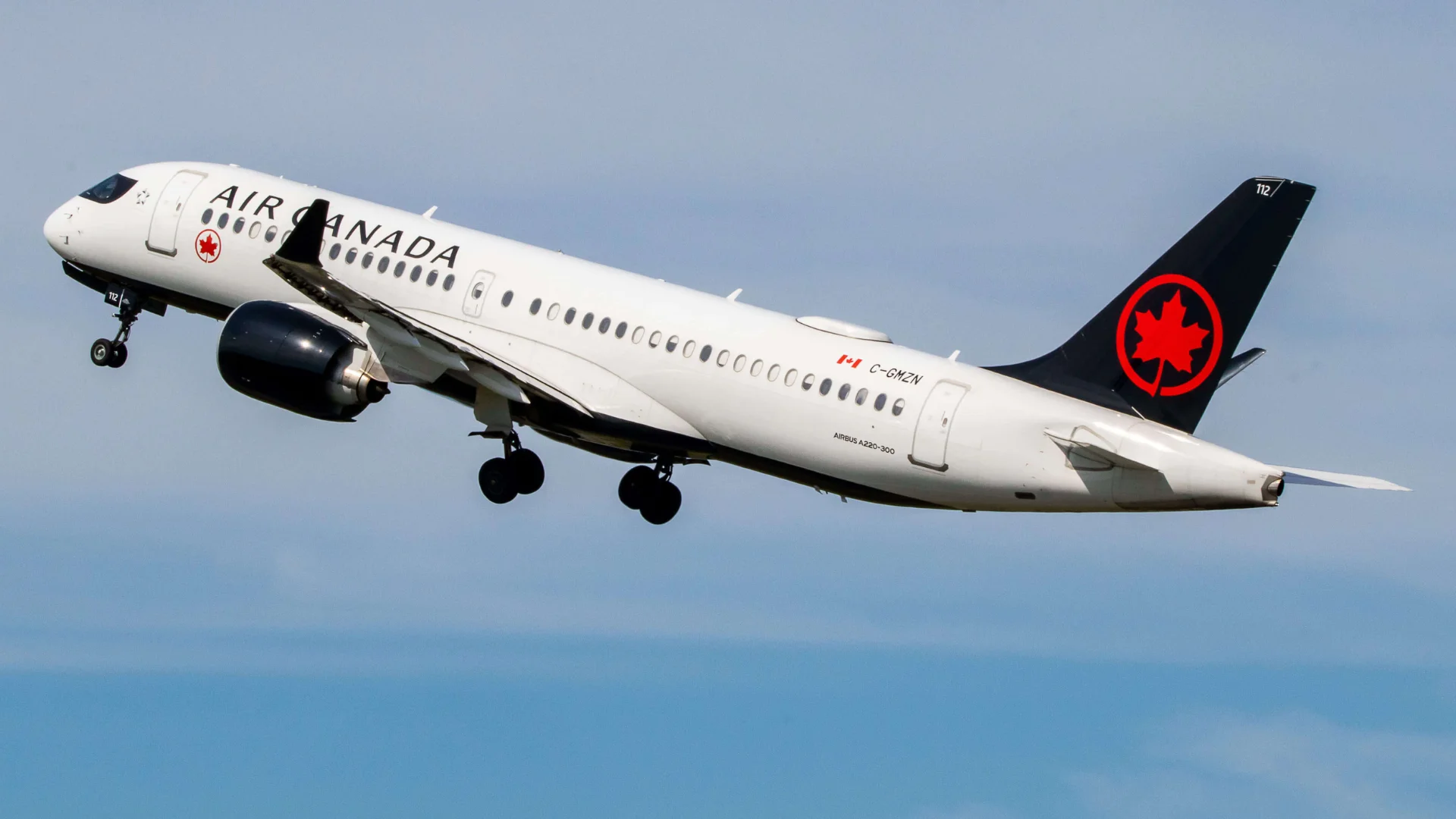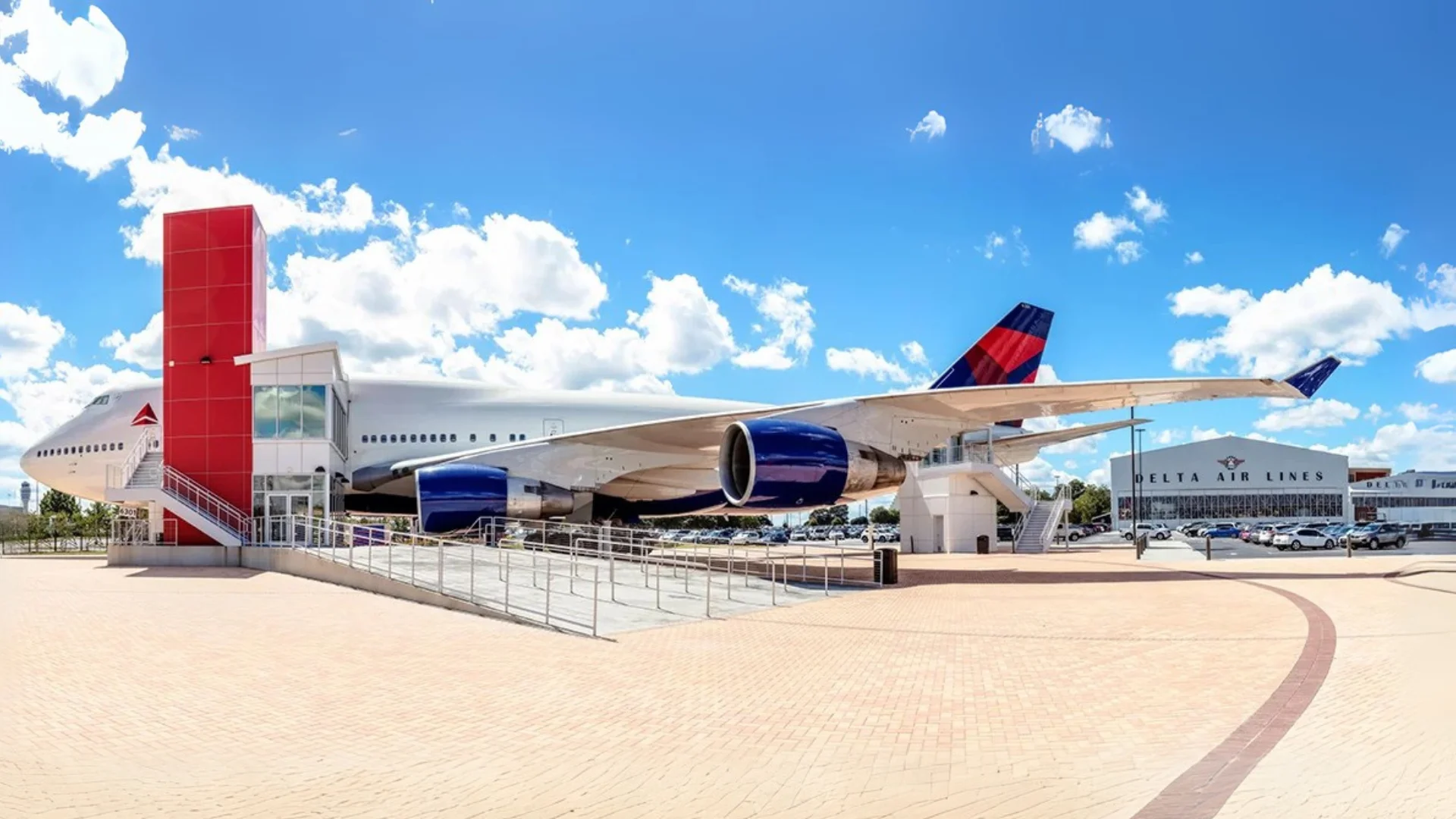JetBlue reported a surprising $25 million profit in the second quarter, which led to a 20% increase in its stock price during early trading. This uptick reflects market sentiment that values profitability over growth for the airline industry, given JetBlue's historical underperformance.
The company has been undergoing significant restructuring, which included replacing its Chief Executive. JetBlue has sought new revenue streams while eliminating unprofitable routes and scaling back European operations. The latest strategic shift involves deferring aircraft purchases beyond 2030, specifically delaying the delivery of 44 Airbus narrowbodies, including 30 A321neos initially scheduled between 2025 and 2028.
JetBlue is also cutting its network significantly by dropping 50 routes and ceasing service to 15 cities entirely. The airline’s new focus is on "core franchises" such as leisure travelers, those visiting friends and relatives, and cross-country flights from New York, Boston, Florida, Puerto Rico, and the Caribbean. Although not completely abandoning corporate travel, JetBlue will no longer prioritize it in network planning.
 Alerts Sign-up
Alerts Sign-up







